President Donald Trump has delayed increased fuel economy compliance penalties for automakers following a request from an auto industry lobbying group.
The National Highway Traffic Safety Administration announced Wednesday that it had granted a petition to the Washington, D.C.-based Alliance for Automotive Innovation to delay increased penalties for automakers that do not meet Corporate Average Fuel Economy (CAFE) standards until the 2022 model year.
Congress previously voted to raise these fuel economy penalties to fall in line with inflation, prompting the NHTSA to raise the fines from $5.50 to $14 for every 0.1 mile per gallon new cars and trucks consume in excess of the required CAFE standard. These fines were originally intended to come into effect for 2019 model year new vehicles, but the Trump administration decided to suspend the new regulations, leading to a court battle over the matter and leaving the incoming regulations hanging in the midst.
This decision, which comes just a week before president-elect Joe Biden is set to enter office, could save the automaker hundreds of millions or billions of dollars in compliance costs. According to Reuters, the Alliance for Automotive Innovation praised the decision Wednesday, saying that many of the vehicles that would have been subject to the increased penalties have already been sold or will be manufactured in the near future.
“Today’s interim rule ensures that the increased CAFE civil penalty rate will not be applied retroactively to previous model years, or with design and manufacturing plans that cannot be changed to improve fuel economy,” the NHTSA announcement said.
The fines for not meeting CAFE standards have only been increased once since they were first implemented – growing from $5 for every 0.1 mile per gallon over the set limit to $5.50.
The incoming administration is expected to place a greater emphasis on environmental policies than the Trump admin, including with regard to vehicle fuel economy and C02 emissions targets.
Subscribe to GM Authority for more GM-related Donald Trump news, NHTSA news around-the-clock General Motors news coverage.


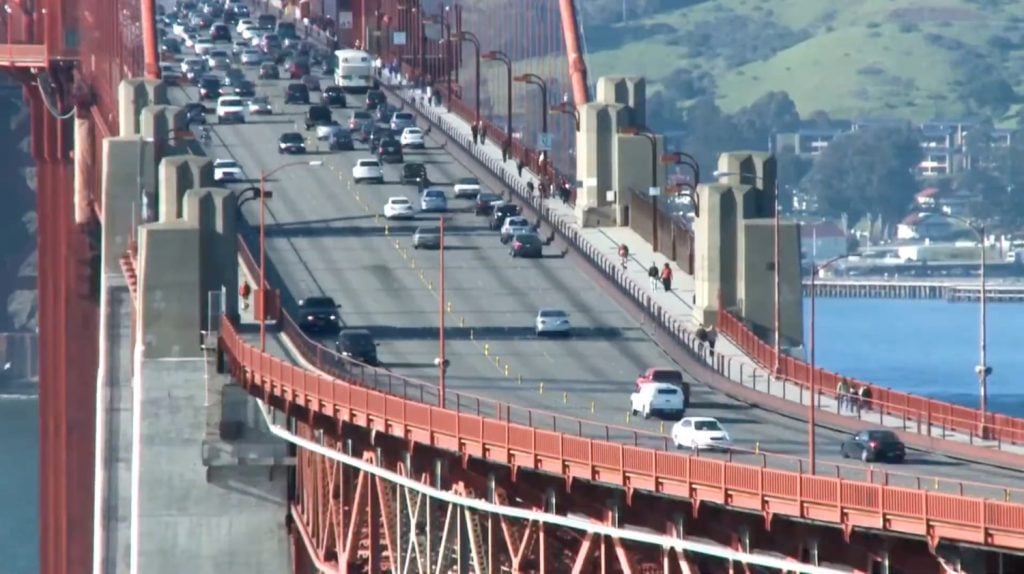
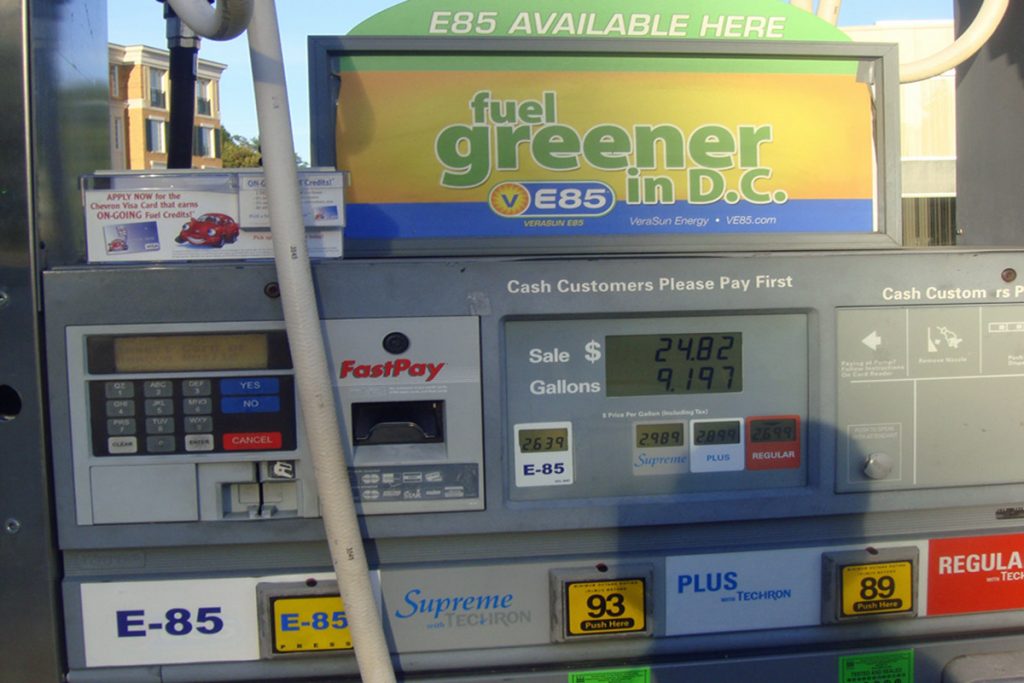
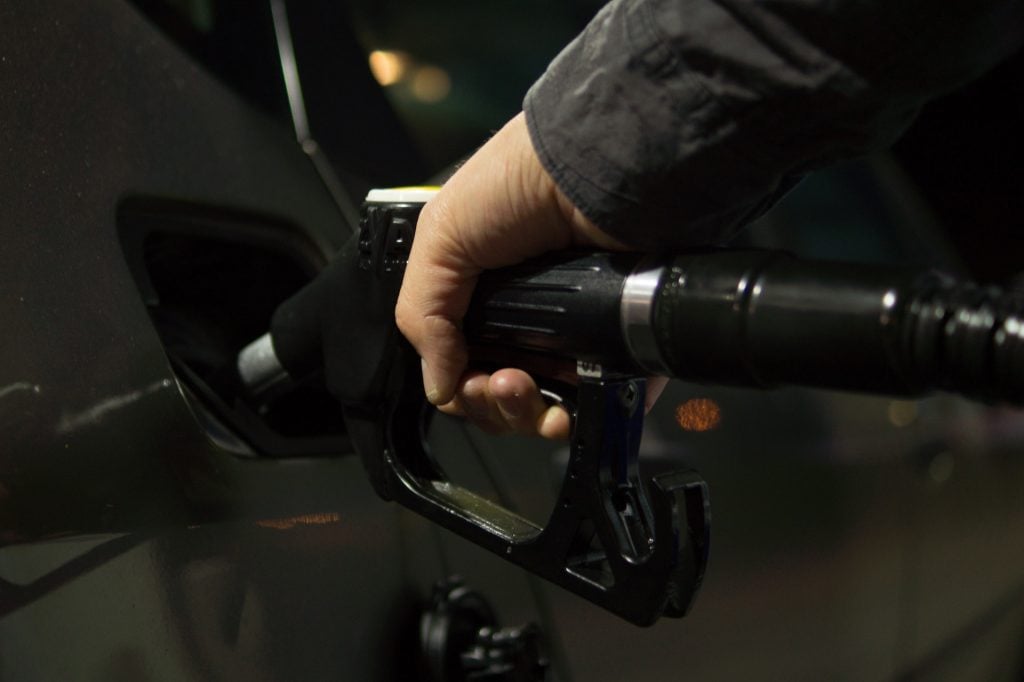

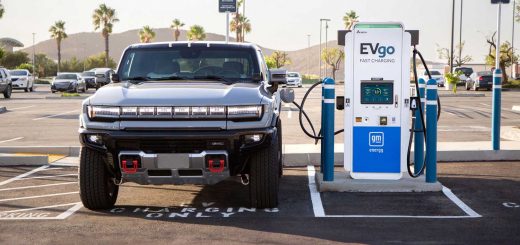

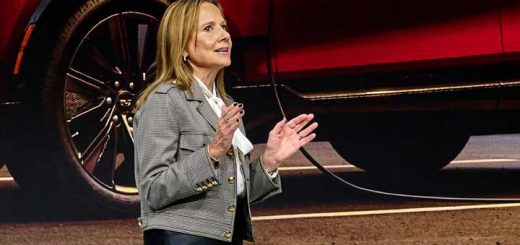
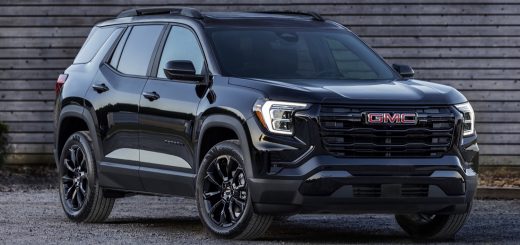
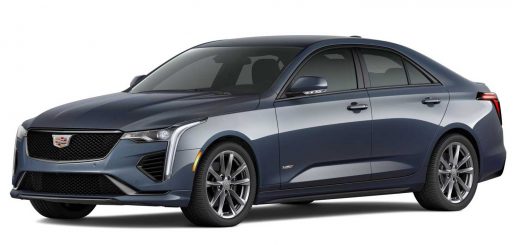
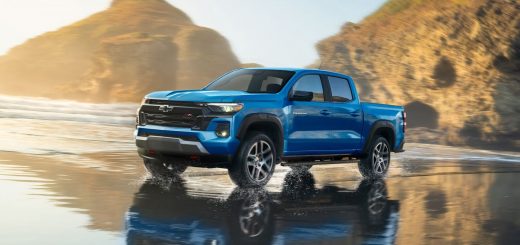





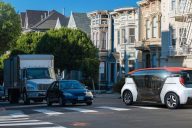
Comments
“The move could save the auto industry hundreds of millions to billions of dollars in compliance costs.”
Yeah if you think it in a vacuum it may save some in a very short term but in reality this move could bankrupt the US auto industry and this time for good. Because the competition all over the world will continue to work as hard as possible to archive the goals their governments dictate while they doing that you sit back, so it will eventually catch you up and makes you lose all your customers to others with better mileage ice cars and of course evs.
The sky is falling too?
Not quite!
The US should come up with policy that best serves the driving landscape not just adopt standards because other countries are doing it. The United States became a leader because it carved their own path not follow one set by someone else
US needs to set a policy that is good for the American public economically and the same for business. It also needs to be flexible for unforeseen circumstances like a virus or other hardships.
We do not need to sign on to global programs that woul take away our rights to set our own path such as the Paris accord does.
We should call our own shots not a dozen other countries that have their own interest at heart
And as always, we—the buying public—will end up paying, either at the gas pump due to no improvement in gas mileage, or at the dealer, with increased sticker price because of cost increase in manufacturing higher-mileage vehicles. Name your poison.
Another good move my the Trump administration. If people wanted fuel efficient vehicles, trucks and SUVs wouldn’t be the top sellers in the market. Trump let the people speak on these fines and they said “no” with their pocketbooks. He is just following the will of the people on the subject.
The best Trump move will happen in less then a week from now.
man made global warming is a farce
What we need is a carbon tax on all carbon removed from the ground. That would mean that the best technology would be sold not the technology that the government decided it likes.